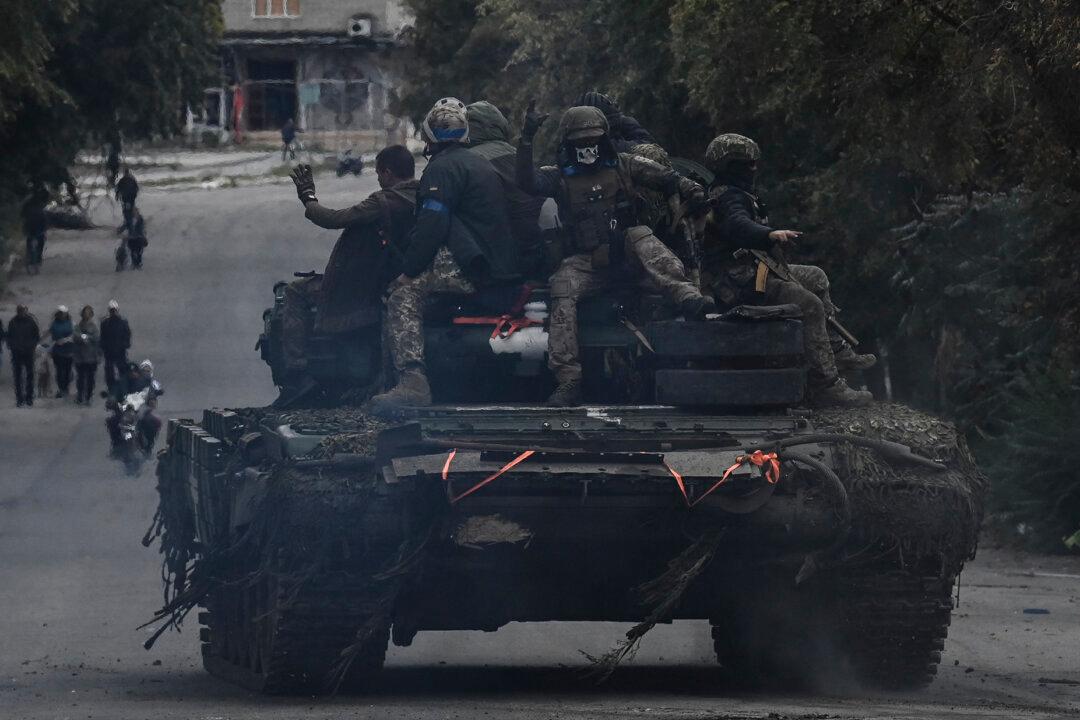Commentary
Russia started the war with Ukraine in late February with a shock-and-awe effort to grab Kyiv. It failed both to decapitate the government and absorb half the country in one fell swoop.

Russia started the war with Ukraine in late February with a shock-and-awe effort to grab Kyiv. It failed both to decapitate the government and absorb half the country in one fell swoop.